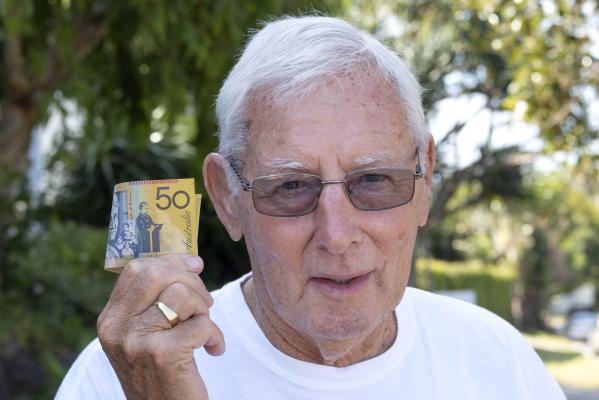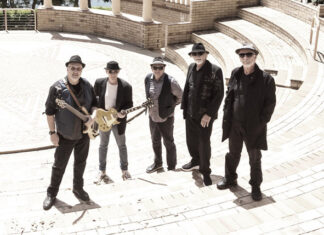If you want to read a story that will leave you with a warm inner glow and a winsome smile, please read on. If you want to read a story in which a grown man is reduced to tears within 180 seconds by a rare act of kindness, please read on.
Finally, if you want to read a story in which the person delivering this act of kindness seeks no recognition or payment, please read on.
Being a Wallabies supporter, I took myself off to the game at Suncorp Stadium on Saturday, November 7, to watch the Wallabies defeat the All Blacks. The game started at 6.45pm, an hour earlier than normal due to daylight saving in the southern states. Because this coincides with my dinner time, about 30 minutes before the game I made my way to the food and drink outlet and selected a meat pie, the stalwart of footie food, and a bottle of water to wash it down. This is where the problem started.
I proceeded to the checkout queue and and when it was my turn to pay, I offered the woman on the cash register $50 cash. Quite politely, she advised me that due to Covid-19 they did not accept cash, and credit card was the only form of payment they were authorised to accept. She also told me, again quite nicely, to put the pie back in the oven and the water back in the refrigerator.
Being old school, at 82 years of age, I only ever leave home with what I think I’ll need. Therefore, I didn’t see any sense in taking my wallet with me and running the real risk of losing it. I was pretty confident I wouldn’t be asked for proof of age, and I had more than enough cash.
As I left the food area the woman on the cash register called me over and told me that her colleague had organised payment for me, and that I should go and reselect the items I wanted and wait by the adjacent cash register for her return. I did as I was asked, thinking that the company must have an alternate cash payment system that they didn’t like to publicise. But when I presented my pie and water to the second woman, she simply charged both items out using a credit card she had brought with her.
Naturally, I offered to reimburse the credit card payment with the $50 that I had in my hand, but she told me that it was her personal credit card and I didn’t owe her a cent.
At this point tears were running down my cheeks! All it took was 180 seconds. When I insisted that I pay her, the only comment she made with a smile was, “Pay it forward”. The next morning at my local coffee shop I paid for the coffee of the first stranger I met.
How else do I thank this Good Samaritan? Only by telling this story to as many people as possible in the hope that it may get back to her, so please pass it on.
SIDEBAR
Can I pay cash anywhere?
Jim’s belief that you should be able to use cash anywhere is widespread, particularly amongst seniors, who are its biggest users. But while cash is legal tender, according to the Reserve Bank of Australia, notes and coins don’t have to be accepted in transactions.
The retailer is free to set the terms of payment, and refusing to accept cash is not against the law. The Currency Act even sets out restrictions around when you can use cash. For example, a retailer can knock you back if you try to pay more than $5 using only 5c, 10c or 20c coins. If you’ve saved a collection of $1 and $2 coins, the most you can pay in a single purchase is $10 or $20 respectively, but of course you can still use the machine at your bank to deposit them.
A notable exception to the no cash rule is if you’re paying off a debt. The RBA states that if you have no other way to pay, a store owner is obliged to accept cash.
While we haven’t quite arrived at the cashless society yet, Covid-19 has accelerated the process. According to the RBA we now use cash for one in four payments, and these are mostly low-end purchases. The over-65s, however, still use cash for about half of their payments, which is of some concern to health authorities, since they are the most vulnerable to disease and cash is invariably dirty.








